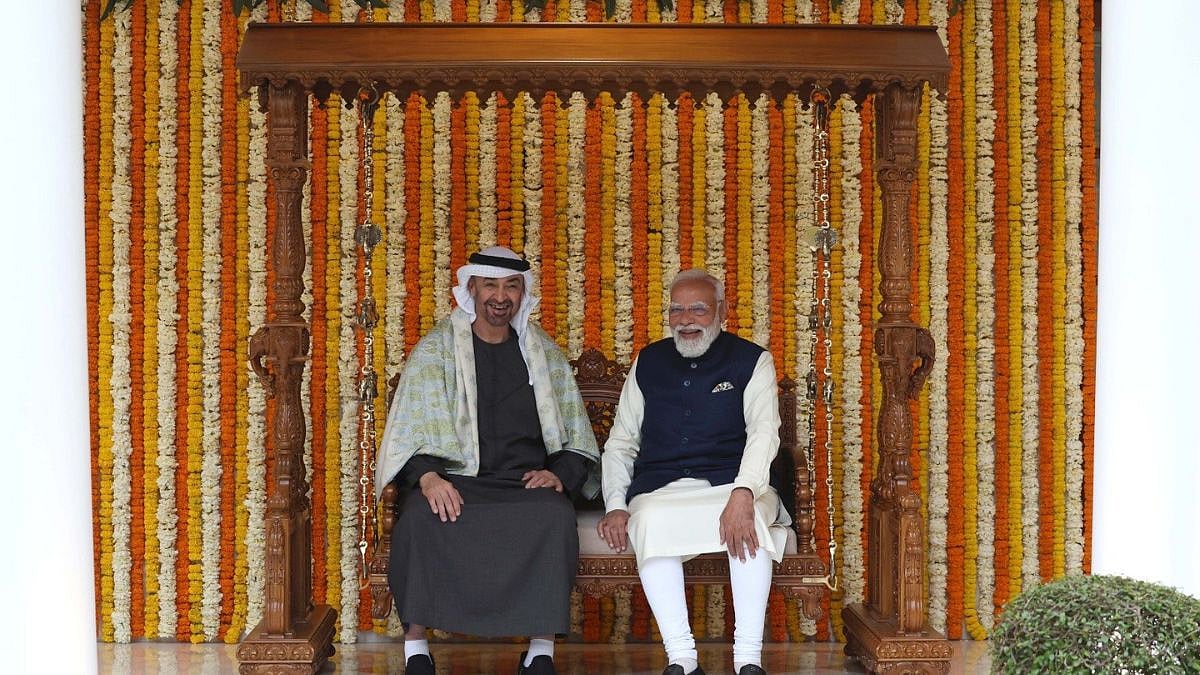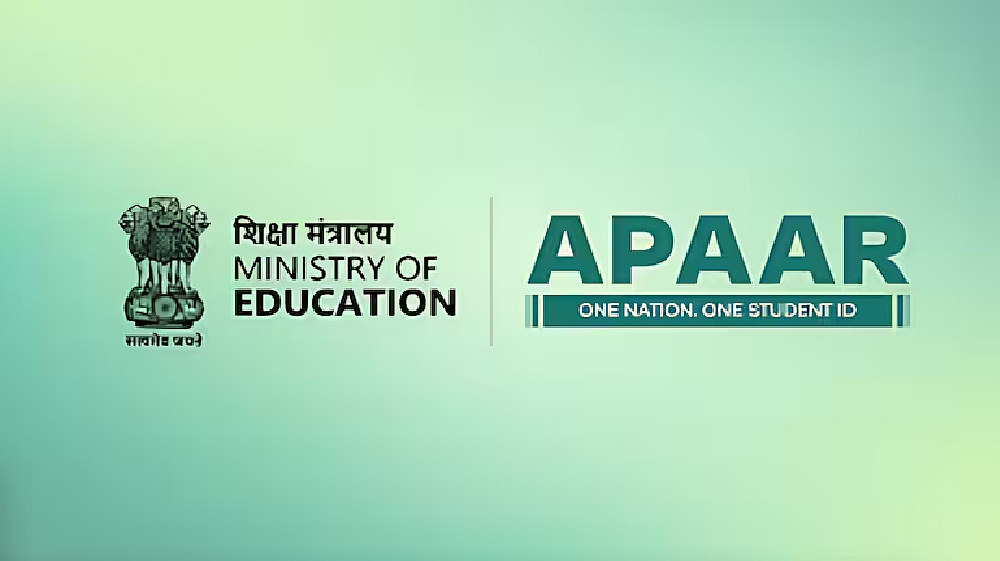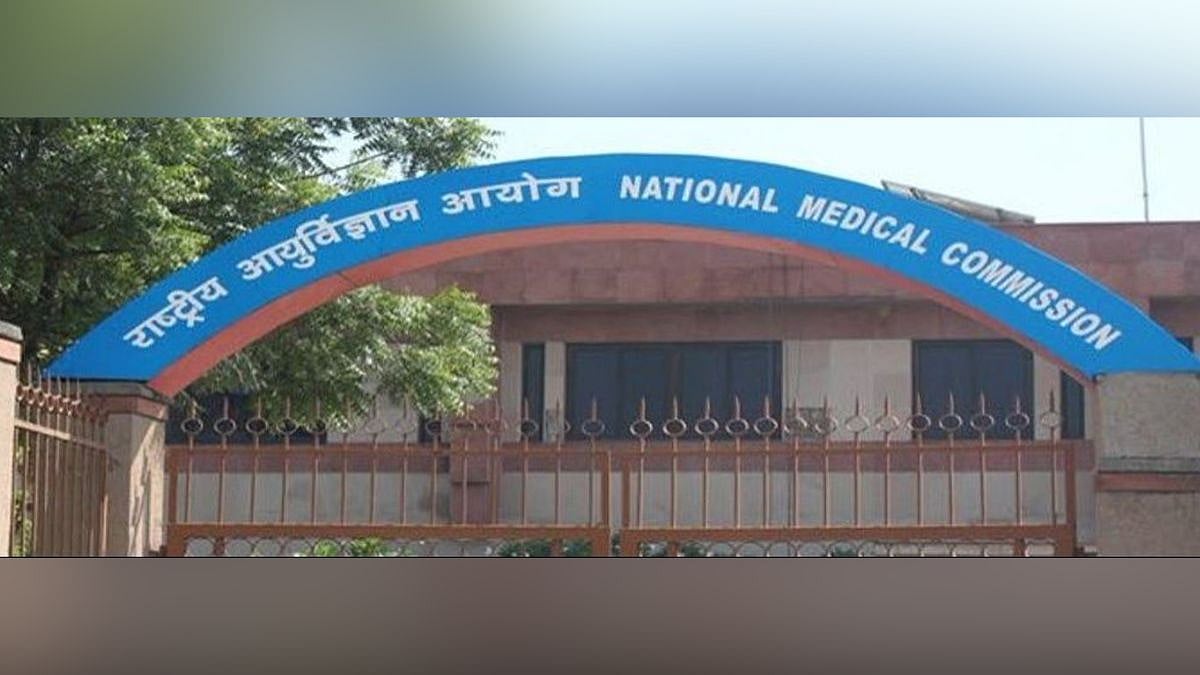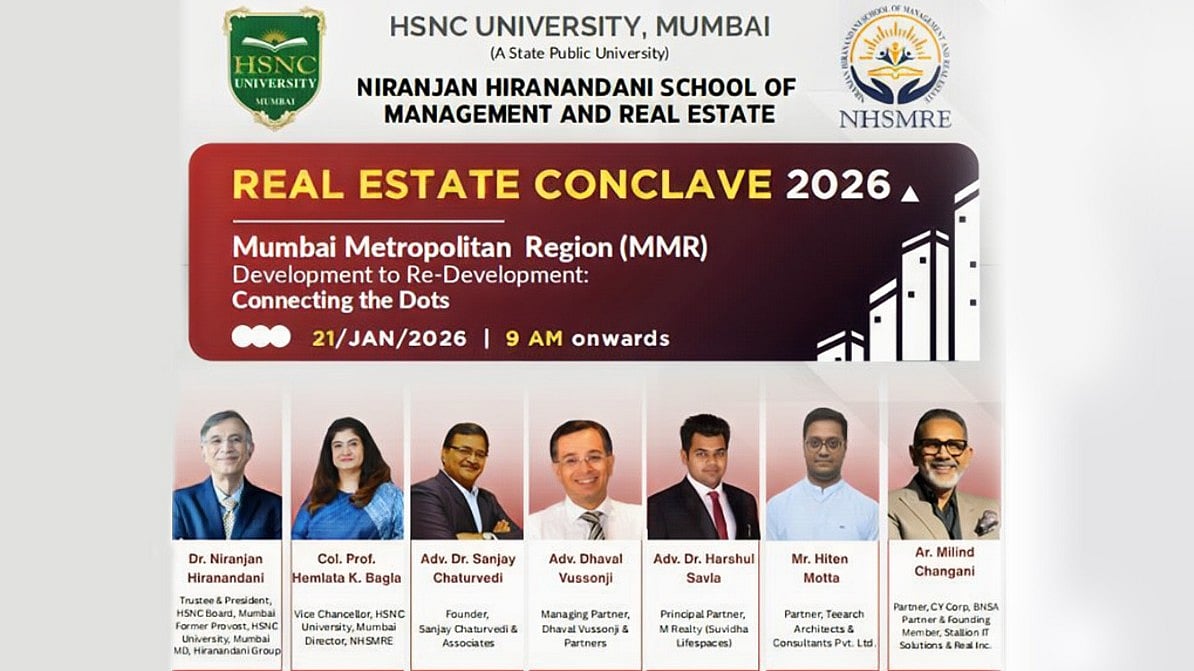Dr. A. S. Khemnar, Principal, Sydenham College, Churchgate; and Director, Institute of Science, Fort; tells Shraddha Kamdar that education should offer students a social framework to work in.
This was a different interview altogether. After the initial routine of reaching his office and being ushered in, I was met with a man passionate about the cause of education, and it uplifting everyone within it. Even before I offer him a background of out ‘Hard Talk’ series, he tells me at the outset that “Education should be student-centred, and therefore students are always the focus of my work.” In another time, when he cleared his first MPSC exam in 1988, he was offered the job of a range forest officer in Gadchiroli, for which his father flatly refused, to avoid him getting into an area where naxalite activities were at their peak. The loss of the Public Service Commission, was clearly education’s gain. Dr. A. S. Khemnar, Principal of Sydenham College in Churchgate; and the Director of Institute of Science in Fort, has now been a professor for over two decades, and is still raring to go with ideas for development of the students.
Beginning is career with the Rayat Shikshan Sanstha set up by the Late Karmveer Bhaurao Patil. It was there that he developed the social consciousness and the role education and a teacher can play in creating it. “As teachers there, we performed many experiments for the benefit of the students,” Dr. Khemnar says, “even though the education system was rigid, under the principles of ‘Disha Darshan Prakalp’, we offered directions (in agriculture) to the students and to the society at large to improve the prospects of the land and the area.” He further elaborates that with the assistance of these experiments, they were able to convert about 10 acres of totally barren land (where not even grass grew) into cultivable. They planted about 10,000 teak wood trees and other medicinal plants. Today, the area is known for its aloe plantations. He then fondly talks of a student who started his own industrial unit in the region for utilising the by-products of aloe.
“Unfortunately, you see in our country, a common student will not be able to offer you practical solutions regarding his subject. For instance, if you consider a biology student, he will not be able to test say elements like water potability, soil cultivability, and so on. That’s why we set up certificate courses in these practical aspects so that students can improve their chances of being employed,” Dr. Khemnar informs. For instance courses like soil analysis for analytical chemistry students and horticultural practices for botany students. “Students can learn grafting, cutting, and working with plants. The problem is that these aspects are not integrated with the formal study progamme.” He then talks of several other such programmes set up in various faculties which would benefit not only the students but also society.
“In fact, I want to go beyond the framework of education and say that students should be offered a social approach along with practical training to stand on their feet after they graduate. If they have a social outlook, not only will they be able to find work, they will also create new things in society with that,” Dr. Khmenar opines.
Breaking from his reverie after offering me a glimpse into his past, Dr. Khemnar comes to the setting he is now a part of, and dwells on that. “Now we are in a metro city. The problems of these areas are different from those of the interior areas. So we need to look at education here through that lens,” he says. I ask him about the field of commerce, now that he heads a century-old college in the subject. “There are similar problems. In some cases, even after completing their MCom, students cannot fill a simple withdrawal slip in the bank. Some of them have training in taxation, but they are not able to compute it when the time comes to file the returns. Again, practical training is lacking, and the problems need to be overcome. The curriculum should be incorporated with those aspects which are directly related to everyday life,” he expresses, adding that a training programme should enable students to help other students.
“Another area in the field of commerce is the stock market. It is a huge aspect that students are unaware of and there is a lot of potential for employment. Today, the stock market is a big part of the world economy, and it should be incorporated within the curriculum. Therefore, at Sydenham, I want to set up such courses that will enable students to learn practically. The blueprint is ready for 16 such courses for this purpose,” he says.
Dr. Khemnar firmly believes that as a society we need to march towards the next generation, and work on brand new things. New issues should be addressed within the curriculum. He talks of the cluster university system which the government has approved – the first of its kind in the country to be set up in Mumbai. The Institute of Science is working as the lead institute for the scheme. Government colleges in Maharashtra will be part of this cluster university, and a sizeable amount has been sanctioned for the development of this university.
“The student’s focus should always be on developing society, not just his CV. We have to work for the society around us which helped us become the people we are and provided the capabilities we have. We need to give back,” he says. In a similar vein, as a scientist, he says that the purpose of research should also be use by and benefit of society, not just publication in academic and science journals.
So deeply ingrained are the educational values he has taught by all these years, that he offers a glimpse into the life of his education hero – Karmveer Bhaurao Patil – from whose life he draws many principles. Dr. Khemnar believes that money should not be a limiting factor for education, and offers the example of the ‘earn and learn scheme’ that he was in charge of many years ago where he taught. “Students there were from such downtrodden families, but we were able to educate them through this scheme – they were students in the day, and workers for the college at night. Somany students are getting their education today by earning for themselves. Since even I completed my education in a similar way, I always want to ask all students to be ‘down to earth’. Even today, after getting up from the principal’s chair, I am a common man,” he concludes.









